The View from the Island.
Five films offer a perspective of twentieth century Europe from an Irish perspective.
Why Europe?
The Ireland I grew up in was culturally oriented towards Britain and the United States. When I started making films in the early 1990s I instinctively gravitated towards Europe – and Germany in particular - financing three feature films there over that decade. This was unusual for that time and anticipated a stronger engagement by the Irish film industry with European partners.
I subsequently realised that this European orientation was no accident. My father had worked in Germany in the early 1970s, marketing Irish textiles in anticipation of Ireland joining what was then called the Common Market. His father, a leading Irish language poet of the independence generation, had translated many of the German poets into Irish as part of his – and others - ambition to establish Irish as a national language with an internationalist vision. More significantly, on a family level, he and his wife Máire had transplanted their whole family to Germany in the first half of 1936. I had the opportunity to retrace their steps in the documentary Na Coisithe.
My own European journey commenced just as the Berlin Wall collapsed. This event, rather than put the past to rest, brought the events of the twentieth century very much into play again. None more so than in the former Yugoslavia, where a war, so perceptively predicted by the Irish essayist Hubert Butler back in the 1950s, was about to break out. Europe, of course, is more than the European Union. It is a much more complex place than any political institution. I have been drawn towards that complexity and experienced a moment of recognition when Cathal Coughlan introduced me to the notion of the “convolute”, so central to the Arcades Project of Walter Benjamin in his exploration of the rich architectural and social fabric of Paris and which Cathal reinterpreted in his musical theatre piece Flannery’s Mounted Head.
Ireland has an enduring relationship with Europe and has at times offered a unique perspective on its affairs. Independence gave us the opportunity to express that relationship and it was no mistake that one of the first steps of the newly independent Irish state was to simultaneously forgive Germany its debt owed to Ireland under the terms of the Versailles and subsequent Anglo-Irish Treaties while awarding the contract to build “The Shannon Scheme” to a German company. It was this European and human rights strand in my work that encouraged English journalist Nick Snow to approach me with the play he had written based on close research of the war-crimes trial of German engineer Arthur Rudolph. Prisoners of the Moon is the only one of these films that has no Irish dimension, though we did film the entire dramatisation in locations in Sligo.
Ireland’s membership of the European Union has long been undisputed. As the Anglo-American world becomes more introverted we are witnessing a further parting of the ways. For many years Ireland was the only member country of the European Union that was not a former imperial power. With the accession in 2004 of the Eastern European countries of the former Communist bloc - or what Hubert Butler would have termed the Succession States (those States formed after the First World War before being over-run by Nazi Germany, then Soviet Russia) - the path East continues to open up.





